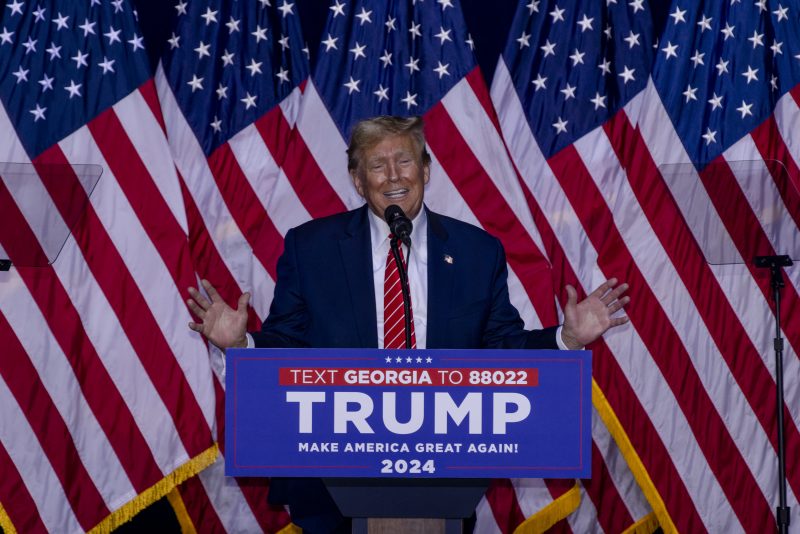
Trump’s Legal Maneuvers: Delays NY Trial as Supreme Court Considers Immunity
In a recent turn of events, President Donald Trump seeks a delay in the trial set to take place in New York pending a hearing at the Supreme Court regarding the question of presidential immunity. This move adds another layer of complexity to the legal battles surrounding the president and raises important questions about the powers and protections afforded to the highest office in the land.
The legal issue at the heart of this matter is whether a sitting president can be criminally investigated or prosecuted while in office. Trump’s legal team argues that the president enjoys absolute immunity from state criminal investigations and prosecutions while holding office. This assertion is based on the belief that subjecting a sitting president to such actions would unduly interfere with the performance of their duties and violate the separation of powers outlined in the Constitution.
On the other side of the argument are the prosecutors in New York who are seeking access to Trump’s financial records as part of a criminal investigation into his business dealings. They contend that no one, not even the president, is above the law and that allowing Trump to shield himself from investigation would set a dangerous precedent for unchecked executive power.
The Supreme Court is set to hear arguments on this issue in the coming months, and the outcome of this case could have far-reaching implications for the presidency and the principle of equal justice under the law. If the court rules in favor of Trump and grants him immunity from state criminal investigations while in office, it could significantly limit the ability of law enforcement to hold the president accountable for any potential wrongdoing.
However, if the court rules against Trump and holds that he is not immune from state criminal investigations, it would mark a significant shift in the balance of power between the presidency and the judicial branch. It would affirm the principle that the president is subject to the same laws as every other citizen and must be held accountable for any criminal actions, regardless of their position of authority.
As the legal battle over presidential immunity continues to unfold, it serves as a stark reminder of the complexities inherent in the American system of government and the importance of upholding the rule of law. The outcome of this case will not only have implications for the current president but will also set precedents that could shape the relationship between the executive branch and the legal system for years to come.
